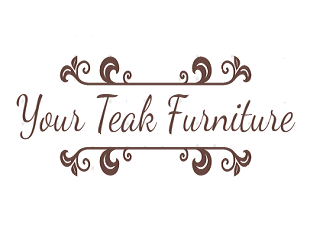When it comes to furniture design, finding the right talent is crucial to bring your vision to life. Hiring a skilled furniture designer ensures that you’ll have a unique, functional, and aesthetically pleasing piece that perfectly suits your needs. In this article, we will provide you with a comprehensive guide on how to hire a furniture designer who can turn your ideas into reality while considering important factors such as style, expertise, and communication.
Define Your Project Goals:
Before initiating the hiring process, clearly define your project goals. Determine the type of furniture you need, its purpose, style preferences, and any specific requirements. Consider factors like size, materials, budget, and timeline. These details will serve as a foundation for effectively communicating with potential furniture designers.
Conduct Thorough Research:
To find the ideal furniture designer, conduct comprehensive research. Look for professionals who specialize in the type of furniture you require, whether it’s contemporary, traditional, or bespoke designs. Explore online portfolios, websites, social media profiles, and customer reviews to assess their expertise and reputation in the industry.
Evaluate their Portfolio:
A furniture designer’s portfolio is a window into their capabilities and design aesthetic. Review their previous projects to gauge their versatility and ability to meet your specific requirements. Look for examples of furniture pieces that align with your style preferences and demonstrate excellent craftsmanship.
Consider Experience and Expertise:
Experience plays a significant role in the quality of work produced by a furniture designer. Look for designers with a proven track record and a strong portfolio showcasing a range of successful projects. Consider their expertise in working with different materials, understanding ergonomics, and integrating functionality and aesthetics.
Communication and Collaboration:
Effective communication is key when hiring a furniture designer. During initial discussions, assess their ability to understand your vision, respond to queries, and offer suggestions. A good designer should be able to translate your ideas into practical designs while providing valuable insights and recommendations based on their expertise.
Budget Considerations:
Establishing a realistic budget is essential for any design project. Discuss your budgetary constraints with potential furniture designers to ensure they can work within your financial limits. While it’s important to prioritize quality, finding a designer who can deliver exceptional work while respecting your budget is crucial.
Check References and Testimonials:
Don’t hesitate to request references from previous clients and reach out to them for feedback. This will provide insights into the designer’s professionalism, work ethics, and reliability. Additionally, reading testimonials or online reviews can give you a broader perspective on their overall reputation and client satisfaction.
Collaborate on Design Process:
Once you’ve found a furniture designer you’re interested in hiring, discuss the design process in detail. Ensure they are open to collaboration and will involve you at various stages, such as conceptualization, material selection, and prototyping. A transparent and collaborative approach helps in achieving the desired results and ensures that your vision is realized.
Conclusion:
Hiring a furniture designer requires careful consideration and research. By defining your project goals, conducting thorough research, evaluating portfolios, assessing experience and expertise, emphasizing communication, considering budget, checking references, and promoting collaboration, you increase the likelihood of finding a talented furniture designer who can bring your vision to life. Remember, a successful partnership with a skilled designer will result in a unique and timeless furniture piece that exceeds your expectations.

